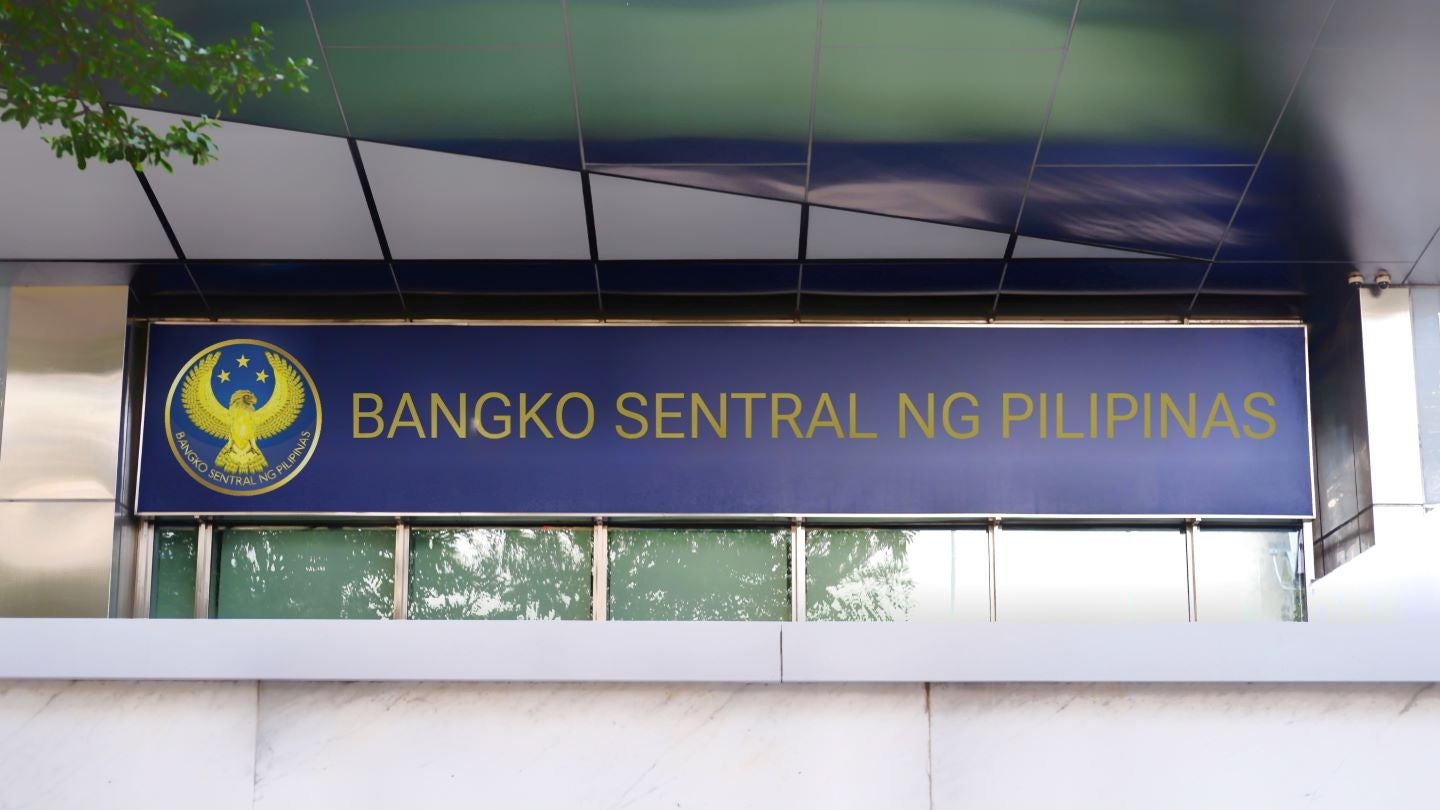
Philippines central bank, The Bangko Sentral ng Pilipinas (BSP) has lifted its moratorium on new electronic money issuers from non-bank financial institutions (EMI-NBFI).
This move, outlined in Monetary Board Resolution 1400, is aimed at enhancing the digital payments in the country.
NBFI applicants are advised to submit proposals that are backed by market research and data-driven analysis to obtain a licence.
These applications should clearly articulate the intended market and provide evidence-based insights into the business model and target demographic, thereby strengthening their value proposition within the financial sector.
To be considered for licensing, applicants must satisfy the standard criteria, which encompass evaluations of ownership transparency, shareholder suitability, and the fitness and propriety of directors and senior management.
Additionally, they must demonstrate adequate capital and the implementation of proper risk management systems.

US Tariffs are shifting - will you react or anticipate?
Don’t let policy changes catch you off guard. Stay proactive with real-time data and expert analysis.
By GlobalDataOnly those applications that introduce innovative business models, target unserved markets, and leverage new technologies will proceed to the processing stage.
BSP deputy governor Mamerto Tangonan stated: “The BSP’s decision to lift the moratorium aims to promote digital payments, enhance financial inclusion, and foster innovation that could serve a wider segment of the market.”
As of September 2024, BSP has granted licences to 42 EMI-NBFIs and 27 EMI-banks, reported Philstar.
The licensed entities offer electronic money transfer, remittance services, and other digital financial services.
The moratorium, initially established in November 2021 for a two-year period, was extended up to 15 December 2024 in 2023 and has now expired.
Set up in July 1993, the BSP, functions as the central bank for the Republic of the Philippines.
It operates under the authority of the 1987 Philippine Constitution and the New Central Bank Act of 1993.






